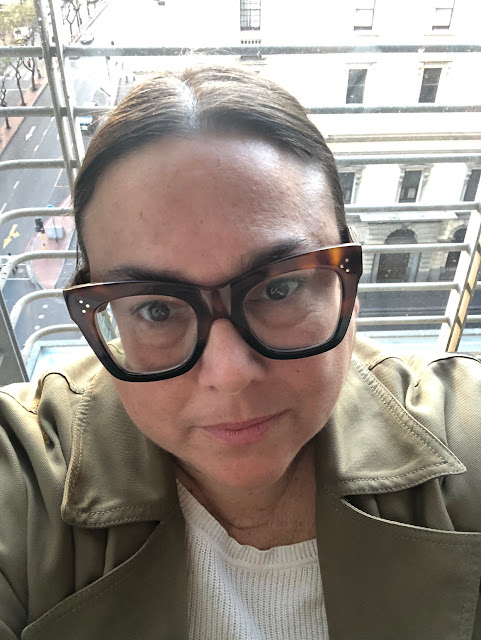As I Get Older, I Try To Remember When I Became "Mama"
 |
| Bhutis in BoKaap. Laduma Ngxokolo and Trevor Stuurman in Maxhosa. |
In isiXhosa culture, it is customary to politely greet your elders – those around the age of your parents – as mama or tata. Those around your own age are greeted as sisi or bhuti. A (ahem, cough) few years ago (I can't remember exactly), I started to notice that the ‘sisi’ greetings were slowly starting to be replaced by ‘mama’. And I did not like it at all. Of course I always appreciate the good manners – how I love good manners – but it was this shift in the words that unsettled me.
I feel I need to explain a bit; else you are just going to tell me to get over myself. I have always been a bit smug about not looking my age. Now don’t get me wrong, I’m no JLo. But I am definitely tricky to age accurately. And I take inordinate pleasure in this, right or wrong. (Wrong! I know it's wrong!)
And then recently the sisi greetings stopped altogether. As I enter my fifties – looking MAYBE forty (shut it…) – I am no longer to be confused as anyone but a mama. So am I allowed to think that this is the real marker of the loss of youth? Is it really all done, for real now? It certainly feels like it.
 |
| Sisis and Bhutis in their Cape Town Style (and Tata Chu) |
Now all I need is a small Afrikaans person to call me ‘tannie’. Then I move back to England where an entirely impolite, yet simple ‘oi’ apparently does the job for people of all ages.
TRANSLATION:
Mama = mother
Tata = father
Sisi = sister
Bhuti = brother
Tannie = aunty
Oi = how do you do, you motherfucker
In Cape Town the three main languages spoken are isiXhosa, English and Afrikaans.


Comments
Post a Comment